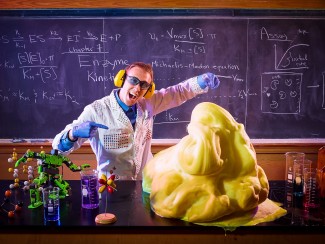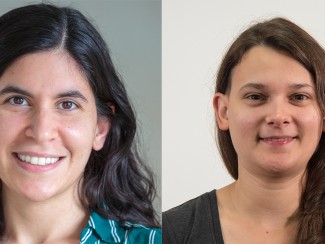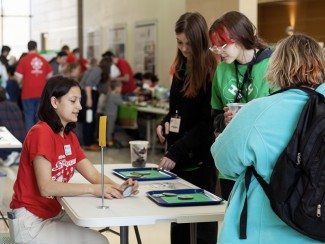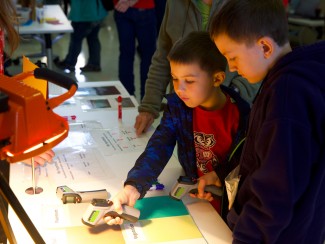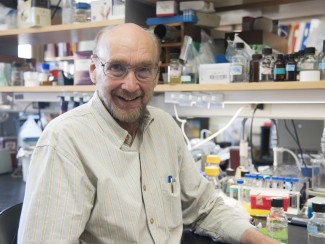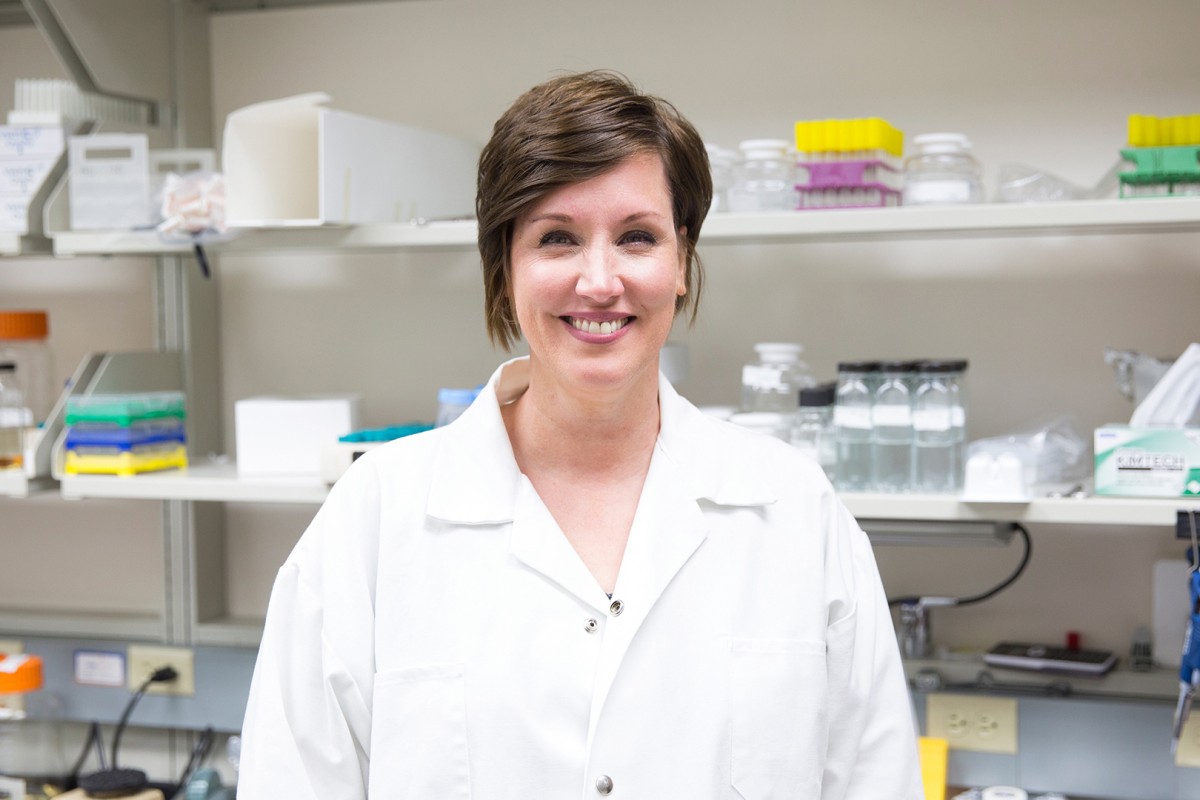
If science classes at Bonduel Middle School had a rallying cry it would be, “Don’t expect to find the answers in the book!” And Lisa Sorlie, enthusiastic advocate of innovative classroom science, would definitely be holding the megaphone.
“Too often, classroom science has kids looking for answers between the covers of a textbook,” says Sorlie, who taught middle school science for 14 years before stepping this year into a new role as library media specialist for the school district of Bonduel, the town of roughly 1,500 located 30 miles northwest of Green Bay.
“Here in Bonduel,” says Sorlie, “it’s absolutely our goal to infuse our future scientists, future innovators, with the realization that science is about asking questions.”
I came to UW–Madison on a mission to experience different perspectives on scientific thinking and teaching and bring them home to the community I care about, and I found what I was looking for.
Lisa Sorlie
Last summer, as a participant in both the Bioenergy Institute for Educators (BIE) and the Research Experience for Teachers (RET) program hosted by the University of Wisconsin–Madison’s Great Lakes Bioenergy Research Center (GLBRC) and the Wisconsin Energy Institute (WEI), Sorlie had a refresher course in the art of scientific inquiry.
During the five-day BIE, Sorlie learned about recent scientific breakthroughs, critical questions driving UW–Madison’s current bioenergy research, and energy-related classroom materials developed by the GLBRC.
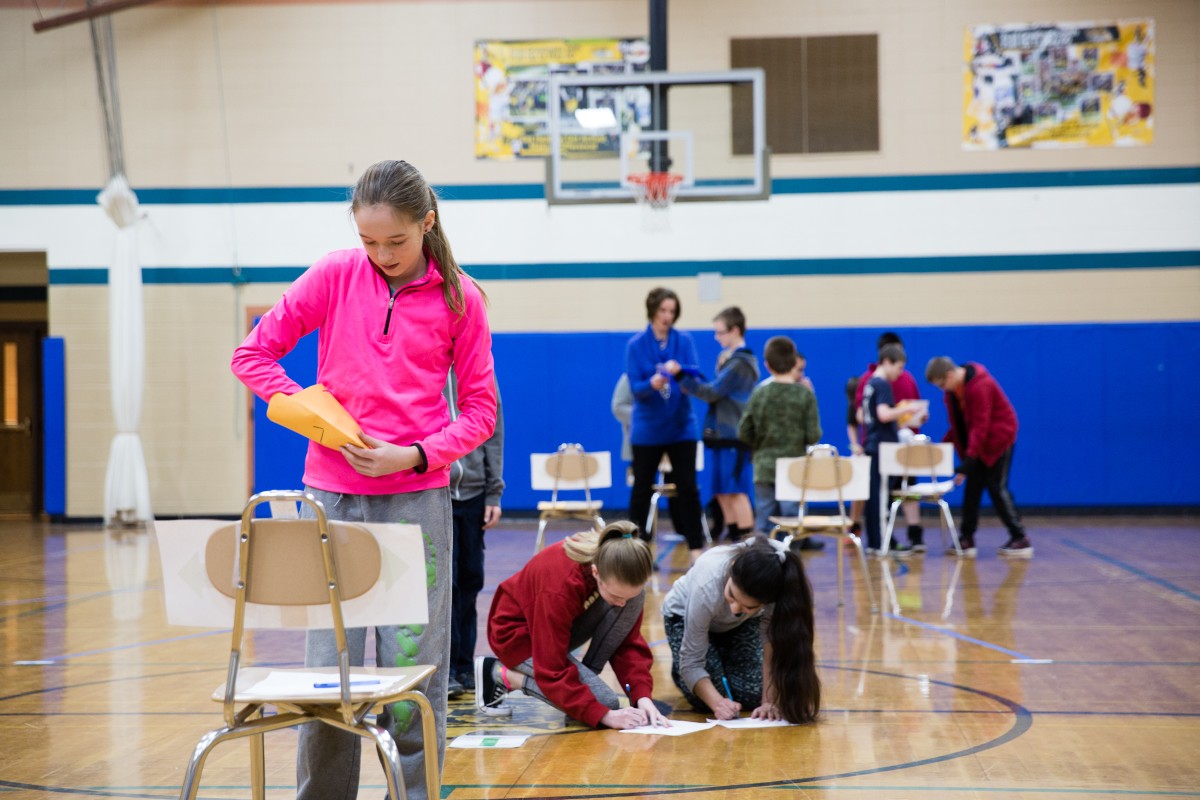
As part of an RET program funded by the National Science Foundation, Sorlie then spent seven weeks working alongside UW–Madison geneticist Chris Hittinger, immersing herself in advanced research on yeast evolution and metabolism. As she explored the role of bioengineered yeasts in creating clean-burning biofuels, or the resemblance between yeasts and cancer cells, Sorlie was also developing hands-on instructional materials that could help her students ask – and then investigate – similar questions in the classroom.
“I came to UW–Madison on a mission to experience different perspectives on scientific thinking and teaching and bring them home to the community I care about,” says Sorlie. “And I found what I was looking for.”
Back in Bonduel, Sorlie is teaming up with sixth-grade teacher Zac Krause to get students engaged in authentic science. Recently, lessons inspired by Hittinger’s research had students working in pairs to identify yeast species based upon short DNA fragments and racing to different “check points” set up in the school gym to create cladograms, diagrams that illustrate relationships among biological organisms.
Drawing on her BIE experience, Sorlie also plans to host an after-school science enrichment program in which she connects through video conferencing with teachers and students in two neighboring school districts. Participating students will explore the concept of sustainability, life cycles of various fuel types, and the potential for cellulosic biofuels to reduce carbon dioxide emissions.
“We’d like to foster learning to the point where kids are asking why this scientific information has value,” says Sorlie, “what impact it has for humans or animals or the world, and what are the most important questions to ask next and even help answer.”
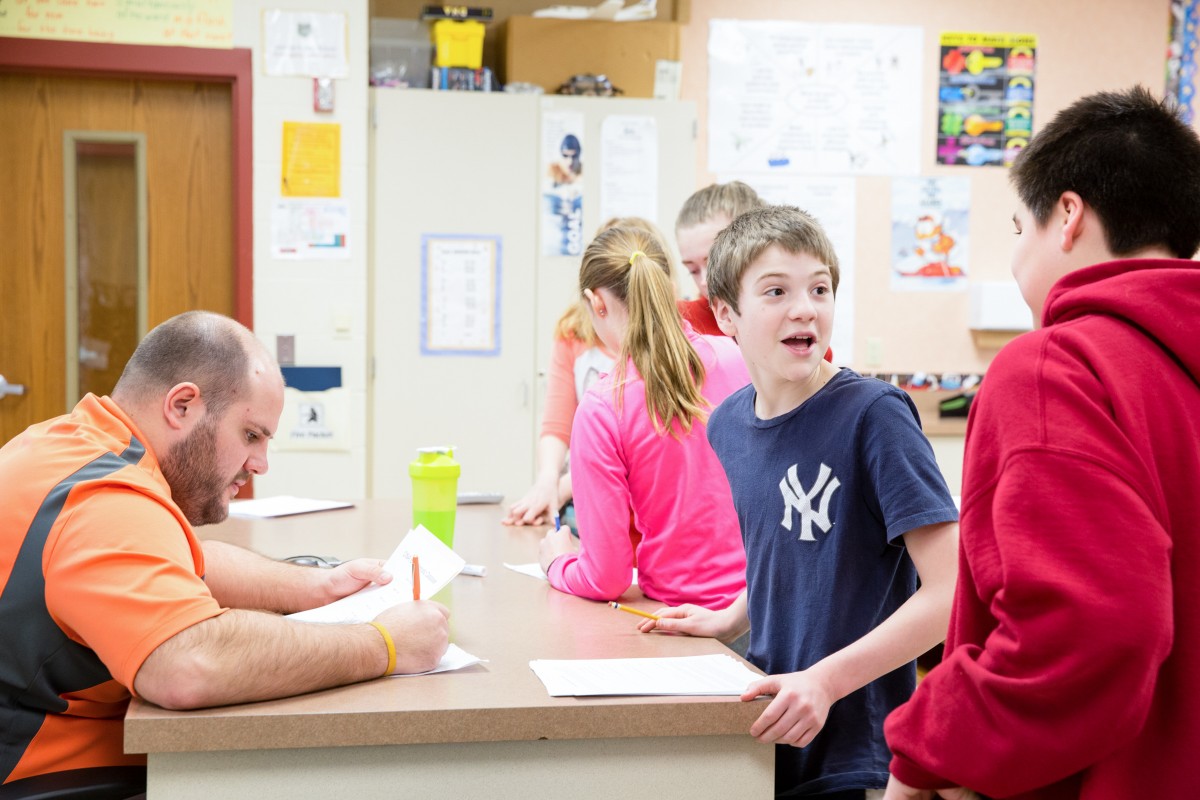
Bonduel middle school principal Mark Margelofsky says that Sorlie’s engagement with these professional development programs is helping the school to fulfill district-wide goals.
“We want to offer our kids the homey atmosphere of Bonduel as well as more opportunities than we alone can provide,” says Margelofsky. “Experiences like Lisa’s enrich our curriculum, encourage collaboration with neighboring districts, and contribute to our vitality.”
“I’m really excited that our Bonduel family is starting to fit into the UW family,” says Sorlie. “It’s a great collaboration.”

